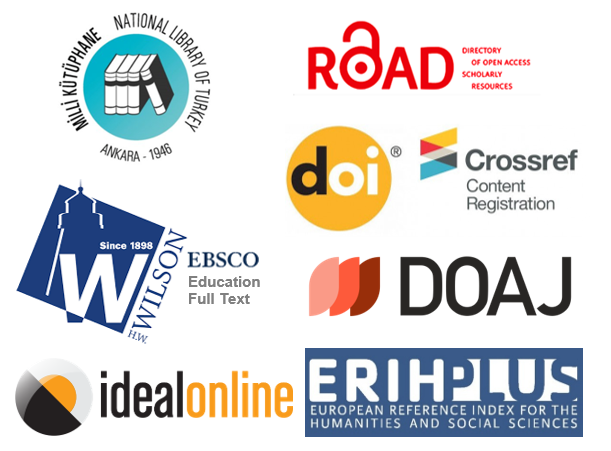Artificial Intelligence in Geography Teaching: Potentialities, Applications, And Challenges
DOI:
https://doi.org/10.46328/ijces.170Anahtar Kelimeler:
Geography- Geography teaching- Artificial intelligence- Digital learning- Pedagogical transformationÖz
This study aims to comprehensively examine the potential of artificial intelligence (AI) technologies in geography education in terms of their application domains, pedagogical contributions, and key challenges. Using a descriptive method based on a literature review, the findings reveal that natural language processing, learning analytics, location-based systems, and intelligent tutoring systems effectively support student-centered learning. AI applications contribute significantly to physical and human geography instruction mapping, classification, analysis, and prediction tasks. However, limitations such as inadequate infrastructure, disparities in teacher competencies, and ethical/privacy concerns hinder effective classroom integration. Therefore, the study recommends developing in-service teacher training programs, implementing AI-supported instructional scenarios, creating culturally responsive and localized content, and promoting ethical data use awareness. It also emphasizes the need for experimental research using quantitative and qualitative methods to evaluate AI's pedagogical value in enhancing students' mapping skills, spatial thinking, and conceptual understanding. Overall, AI technologies are not merely technical tools but transformative mechanisms capable of reshaping geography learning environments.
İndirmeler
İndir
Yayınlanmış
Veri Kullanılabilirliği Bildirimi
Data available on request from the authors.
Sayı
Bölüm
Lisans
Telif Hakkı (c) 2025 Cennet Şanlı

Bu çalışma Creative Commons Attribution-NonCommercial 4.0 International License ile lisanslanmıştır.




